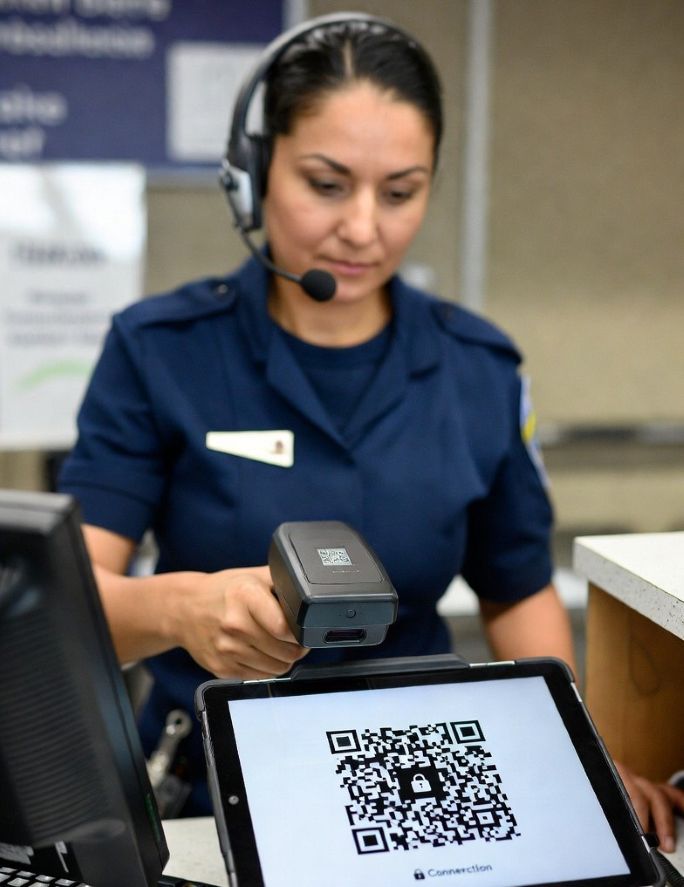More than $15 billion in enterprise software deals involve blockchain-enabled systems today, showing how deeply distributed ledger technologies are becoming part of core business operations.
For blockchain and crypto-focused firms to scale beyond niche projects, they need tools that bring visibility and control to complex processes. A gold SAP partner can be the bridge between cutting-edge crypto innovation and robust enterprise-grade systems. These partners bring deep experience with SAP’s suite of software, making it easier to manage data flows, integrate systems, and support growth without sacrificing performance or security.
Why Enterprise Tools Matter for Crypto Infrastructure

Blockchain and crypto companies often start with open-source stacks and custom code. That works in the early stages. However, as transaction volumes increase and teams expand, the limits of bespoke solutions become clear. Manual processes struggle to keep up. Data silos form.
Reconciling transactions across wallets, exchanges, and smart contracts becomes a burden. For those looking to understand the foundation of these technologies, understanding how blockchain works is a helpful starting point.
Enterprise tools such as SAP’s Business Technology Platform help address these challenges. They offer a single source of truth for business data and automate workflows that would otherwise require human intervention. With a unified system, teams can reduce errors, increase agility, and ensure compliance with regulatory requirements. For crypto firms operating across global markets, this level of control is essential.
Tracking Data Flows Across Distributed Ledgers
One of the biggest headaches for blockchain operations teams is tracing how data moves across different ledgers and systems. Traditional database tools were not built for distributed data structures. By contrast, SAP solutions are designed for environments where data must be visible, secure, and auditable.
With the right configuration, companies can use SAP tools to monitor transaction statuses, identify bottlenecks, and link on-chain events with off-chain accounting systems. For example, if a token transfer fails due to a network fee issue, the system can automatically log the error and notify the relevant team. This reduces time spent searching through logs and improves operational resilience.
Improving System Integration and Performance
Crypto firms rarely operate in isolation. They connect with exchanges, custodians, payment gateways, and internal services such as customer relationship management (CRM) platforms. Each connection introduces complexity. When systems are poorly integrated, data inconsistencies arise and slow down decision-making.
Enterprise integration platforms help by orchestrating data flows in a structured way. They can map blockchain events to traditional business transactions. For instance, a deposit confirmed on a public blockchain can trigger a credit entry in an SAP financial system. This ensures that the back office always sees the latest information without manual exports or imports.
Improved performance also means faster reporting. Executives and compliance teams can generate near-real-time dashboards showing key metrics such as transaction volumes, outstanding settlements, and risk exposures. This level of insight is hard to achieve with disparate, manually updated spreadsheets.
Security and Compliance Through Standardized Processes
Security is a top priority in crypto technology environments. Smart contracts, wallets, and key management systems all carry risk. SAP’s enterprise frameworks bring standardized security controls to the mix. They support role-based access, encrypted storage, and comprehensive audit trails.
These features help firms comply with regulations such as the European Union’s Markets in Crypto-Assets (MiCA) framework and anti-money laundering (AML) requirements. By tying security controls to familiar enterprise processes, organizations reduce the risk of breaches while satisfying external auditors.
In addition, automated compliance checks can be built into operational workflows. Rather than waiting for quarterly or annual audits, teams can monitor policy adherence continuously. This proactive stance reduces surprises and builds trust with stakeholders.
Scalability for Growth
As blockchain applications evolve, transaction volumes can spike unexpectedly. Whether due to a successful product launch or market volatility, systems must handle growth without breaking. SAP’s platforms are built to scale. They support distributed computing and can handle high volumes of concurrent transactions.
A well-designed enterprise system can also reduce the cost of scaling. By reusing components, automating routine tasks, and enabling self-service reporting, firms can unlock capacity in their teams. Developers can focus on innovation, while operations teams rely on stable, predictable workflows.
Benefits of Partnering with a Certified Expert
Choosing the right implementation partner is as important as choosing the software itself. Working with a certified expert brings domain knowledge and proven methodologies. These partners have experience deploying SAP systems across industries, including finance and technology. They understand how to align software capabilities with business goals.
Teams that engage with experienced consultants benefit from tailored solutions that reflect real-world needs. Instead of a one-size-fits-all approach, configurations are adapted to the unique demands of crypto operations. Training, support, and ongoing optimization become part of a continuous improvement cycle.
Conclusion
Bringing enterprise-grade systems into blockchain and crypto environments helps organizations manage complexity, enhance visibility, and scale with confidence. By collaborating with a gold SAP partner, companies gain access to tools and expertise that improve data tracking, integration, security, and performance. As the crypto industry evolves, these capabilities will become essential components of sustainable growth strategies, helping teams stay ahead of challenges while delivering value to customers and stakeholders.




 Reddit remains home to some of the sharpest technical minds in blockchain. Communities like r/ethdev, r/cryptodevs, and r/web3 regularly unpack zero-knowledge proofs, layer-2 scaling designs, and peer-to-peer protocols. Yet many solid projects launch threads that go nowhere. A well-researched post can sit at zero comments for hours and vanish from sight.
Reddit remains home to some of the sharpest technical minds in blockchain. Communities like r/ethdev, r/cryptodevs, and r/web3 regularly unpack zero-knowledge proofs, layer-2 scaling designs, and peer-to-peer protocols. Yet many solid projects launch threads that go nowhere. A well-researched post can sit at zero comments for hours and vanish from sight. When most people hear “crypto,” they think about Bitcoin, trading, or digital money. But cryptocurrency is only one part of a much larger technology known as blockchain. The real innovation lies in how this technology records, stores, and protects data. Beyond finance, it has opened doors for improving data security, transparency, and trust—three things that are essential for online reputation management.
When most people hear “crypto,” they think about Bitcoin, trading, or digital money. But cryptocurrency is only one part of a much larger technology known as blockchain. The real innovation lies in how this technology records, stores, and protects data. Beyond finance, it has opened doors for improving data security, transparency, and trust—three things that are essential for online reputation management.
